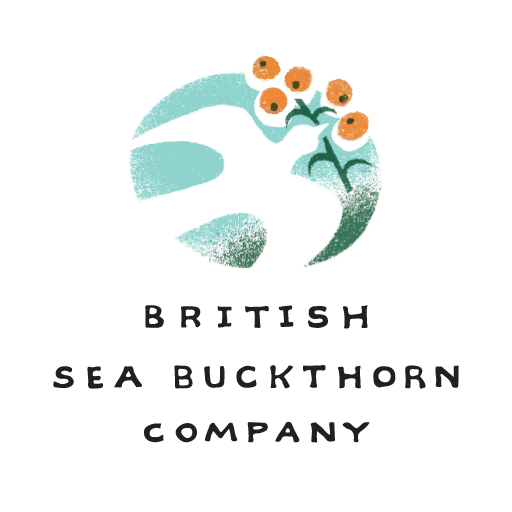In a world where it seems everyone works with and to standards it is not always a popular subject to suggest there should be standardisation of an industry. In the EU farmers not only work to standards but have to conform to EU Common Agricultural policy rules in order to be paid subsidies. These rules ensure conformity to environmental regulation, soil management, fertiliser use, document management, welfare rules, cropping – the list goes on and on. For business to business transactions there are product specifications which each company requires in order to buy the materials they need. There are voluntary standards set by trade associations. There are national trading standards and EU regulations set to protect consumers from poor product and practice. In fact, with the possible exception of very small businesses, probably all transactions within the EU are governed by some form of standard.
The objective of all these standards is to allow some comfort that one party in a transaction is responsible and trustworthy so that another party can deal with them with minimal risk.
Outside the EU there are more standards. China is a vast country and, like Europe, they have set standards for farming, processing, manufacturing, so that product conforms to being fit for purpose. Russia has similar standards, most of which are governed under the GOST system when it comes to food products. The issue with all these is that standards are of no use unless they are monitored or enforced.
There are good standard systems that are self regulated but they have still to be credible to the overall objective of generating responsible trustworthy trading.
Trading in itself has a purpose. It serves to supply a market and the market regulates trading in as much as it will reject poor quality by not purchasing it. It is therefore the end user or consumer who is the ultimate judge of whether products or services are of good – quality.
Standards might have a direct business to business value, but they are also a valuable tool in indicating to the consumer that a producer is making every effort to provide the consumer with great quality not just once but every time.
So the third workshop at Euroworks focused on standards. It was very clear that with all the standards that people were already working with it would be difficult to try to find a set of standards that everyone could conform to. There is an added problem in that sea buckthorn is a global industry with different perspectives. The International Sea Buckthorn Association is working on this subject as there is a need for the market to understand what is good quality sea buckthorn in all its ranges of product. Finding common ground between markets will not be easy. Standards must not conflict or add to regulation, but add value to product and give consumers confidence to buy.
It is my consideration that standards must conform to a number of simple concepts to be useful.
They must be understandable – principally by the consumer so that they build trust in the industry. The principle characteristics that differentiate sea buckthorn from other fruit needs to be highlighted so that it is clear that a sea buckthorn product can deliver what a consumer expects of it.
They must be targeted so that they pinpoint aspects that can deliver benefits to consumers and therefore will add value to end products.
They must be credible – with regular monitoring and reporting in a manner that the market and consumers can see is transparent and accessible that generates confidence in the process and all participants in the supply chain.
They must be achievable as there is no point in setting standards that only some sections of a supply chain can resource and deliver. If delivery of quality only comes from the processing part of the supply chain it follows that growers will not gain from the potential of standards delivering added value. Quality needs to achieve value from consumers and that value must be transmitted right down the supply chain so each part receives some reward that enables them to invest in securing and improving their delivery of that quality.
It follows that to be achievable standards must be affordable. If standards are set too high then smaller companies may not be able to comply. Small companies often provide innovation and need to have the opportunity to grow and support the whole supply chain. Make standards unaffordable and the process becomes selective. The sea buckthorn industry takes its raw material supply from growers, many of which are small. It is a natural product, not a manufactured product, standards should therefore reflect the whole supply chain process. If any part of the supply chain cannot conform to the standards set for it then supply will become unreliable – and markets are unforgiving.
Finally I believe standards need to be simple so that they create a message that is memorable to all.
A simple, clear, authoritative message that is believable and defines the difference between sea buckthorn and other product should be the objective for setting standards.
Those standards should reflect not just on products but also the commitment of the whole service chain that delivers them to the end user.
These are my thoughts on what standards should be.
Our discussions at Euroworks were constructive but time will tell as to what will develop in trying to deliver quality as a process thought the sea buckthorn industry.
